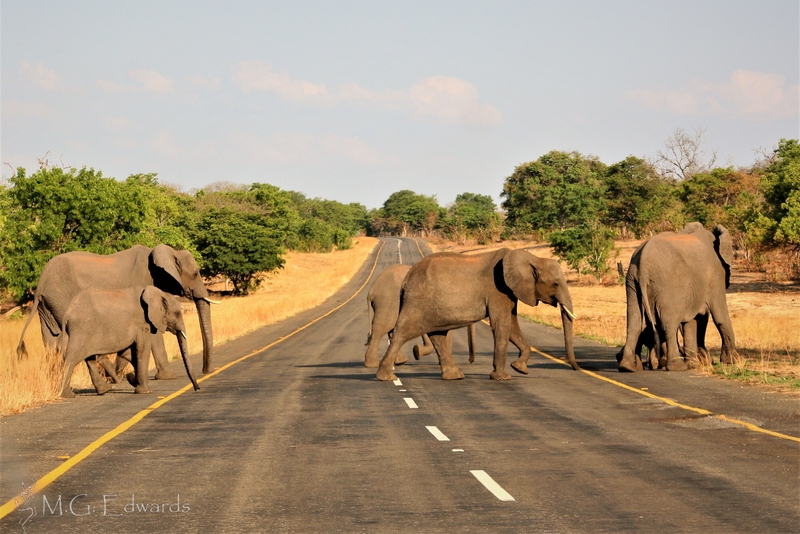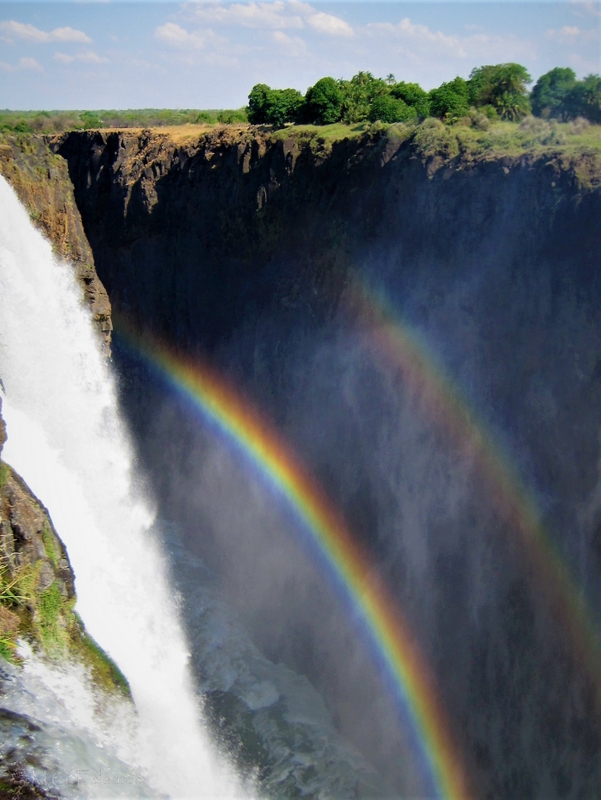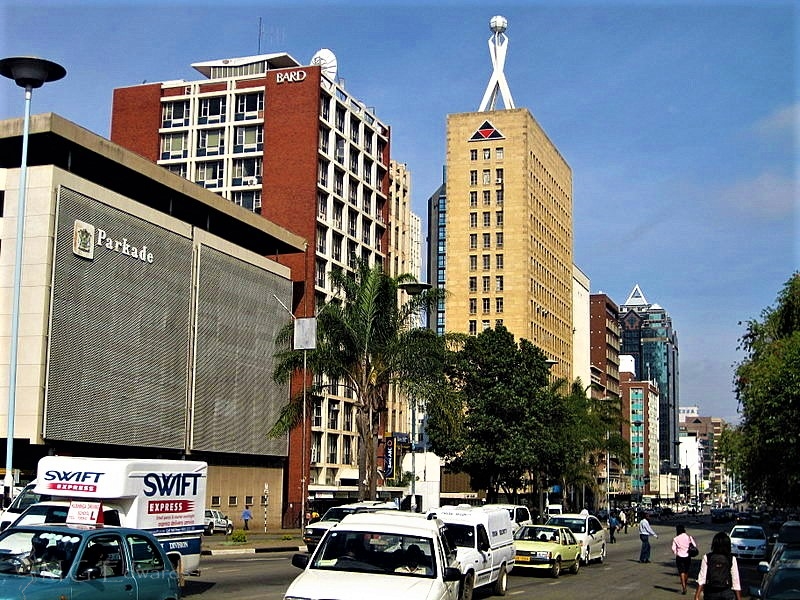Click here for an updated version of this article with photos.
I arrived in Harare, Zimbabwe by car on the evening of May 2 after a long day on the road. That morning I left Malawi and drove about 400 miles (700 kilometers) through Malawi, Mozambique, and Zimbabwe. Although it was a fascinating trip with incredible sights, I was exhausted. I didn’t know what to expect in Harare. I read so many negative news stories about Zimbabwe that my expectations were tempered by preconceived notions.
Once known as Salisbury, the capital of the former British colony and country known and Rhodesia, Harare was at one time of the most prosperous cities in Africa. Three decades after Zimbabwe’s founding, however, Harare had fallen on hard times. I’d read many cautionary tales. Hyperinflation of the Zimbabwean dollar denominated in the trillions before it went out of circulation. Outbreaks of cholera and other pandemics. Unavailability of basic goods, including fuel and food. If one believed the stories told by the international media about Harare, one would think that it had nothing good to offer.
Hence, I was pleasantly surprised to find Harare a relatively modern and livable city. Perhaps low expectations tempered my outlook, prompting me to set them lower than necessary. My brief journey through Zimbabwe depicted a country with many challenges but on the whole in better condition than its reputation belied.
After several days of traveling in the African countryside, I stayed in Harare overnight at a very nice 4-star hotel downtown. The high-rise hotel overlooked a city park that coincidentally hosted the final concert of the weeklong Harare International Music Festival, Zimbabwe’s premier music event. While concertgoers paid unknown sums to spend a few hours listening to jazz, fusion, reggae — you name it – at ground level, I sat perched 15 stories above looking down on the festival and taking in the musical finale. It was a rare treat and a melodious ending to a long, eventful trip through southern Africa. I rested very well that night
I spent the next morning walking around downtown Harare surveying the terrain. The architecture was eclectic; it was both modern and dated with subtle strongman embellishments. The cityscape did not feature any quasi-public monoliths, although I sensed broad brush strokes by the hand of public design. The locals milling about were relatively well dress and moved with purpose on their way to complete all-important tasks. While not as cosmopolitan as other mid-sized cities, Harare held its own in the annals of urban metropolises. Even after years of hardship and neglect, it still remains one of the nicest I’ve seen in southern Africa. Having lived for the past year up the road in Lusaka, Zambia, my view may be a bit colored by urban life in rural Africa. Harare struck me as more amenable than its northern twin, despite the economic challenges it has experienced during the past three decades.
After a brief tour of Harare’s city center, I departed for Lusaka. My stay there was short but sweet. I was impressed enough that I plan to return to Harare in the near future over a long weekend with my family. I want to show them a place that far exceeds the low expectations set by years of negative public perceptions.
Journey from Malawi to Zimbabwe via Mozambique
Part 1
Part 2
Part 3
Part 4
Part 5
More About Zimbabwe
World Adventurers Magazine
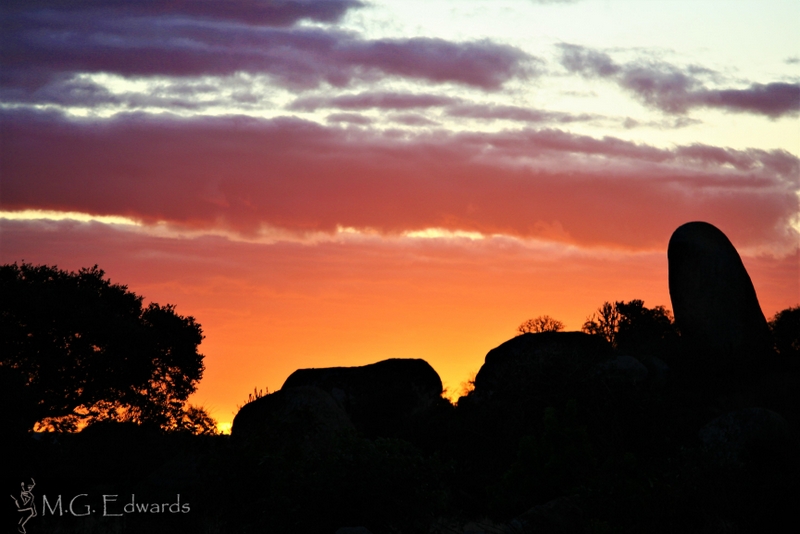 The events that led to the abrupt end of Robert Mugabe’s rule in November 2017, reminded me of my visits to this magnificent country. I recalled my journeys to Harare, Bulawayo, Victoria Falls, and eastern Zimbabwe and the experiences embedded in my memory.
The events that led to the abrupt end of Robert Mugabe’s rule in November 2017, reminded me of my visits to this magnificent country. I recalled my journeys to Harare, Bulawayo, Victoria Falls, and eastern Zimbabwe and the experiences embedded in my memory.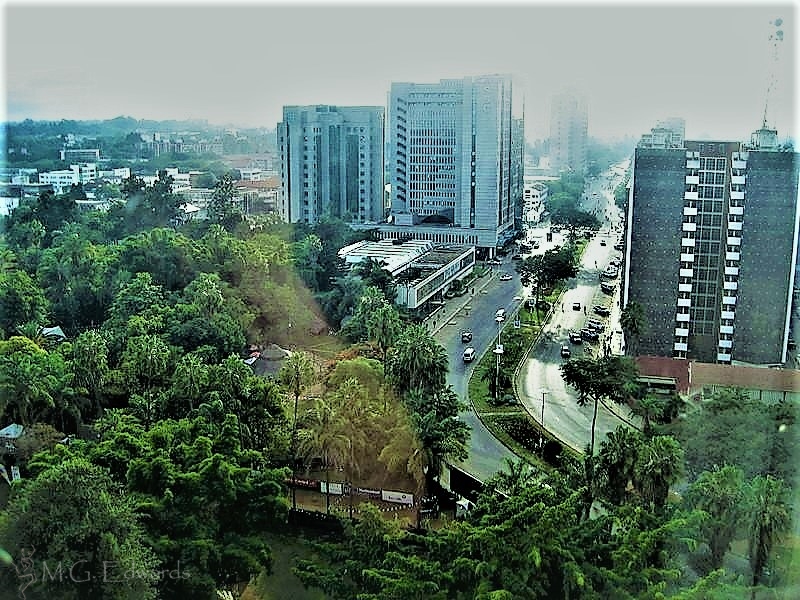
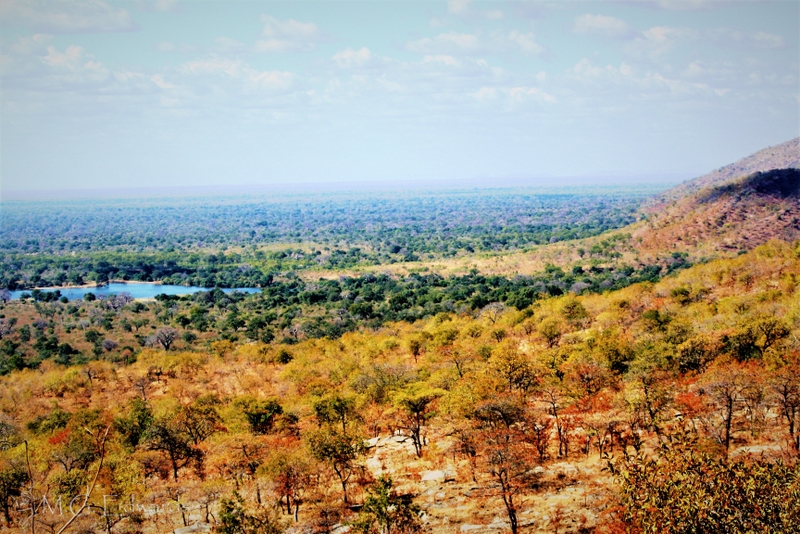
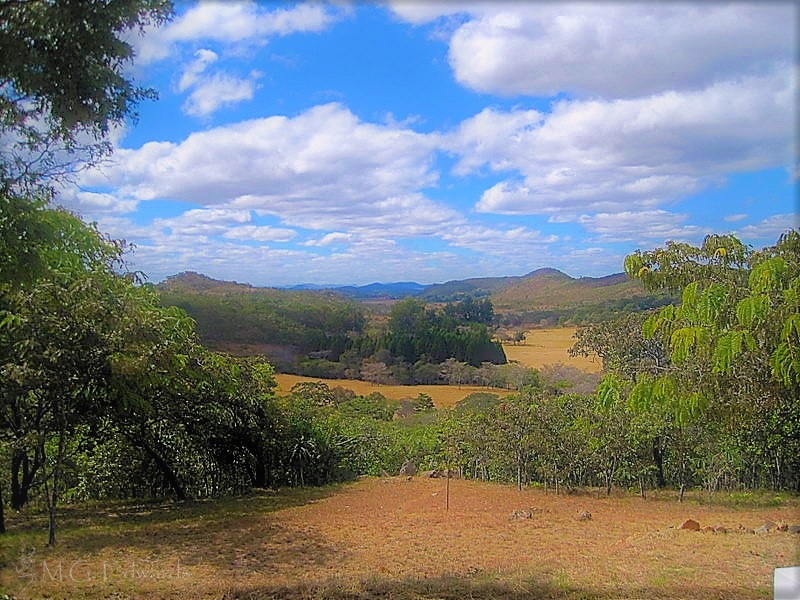
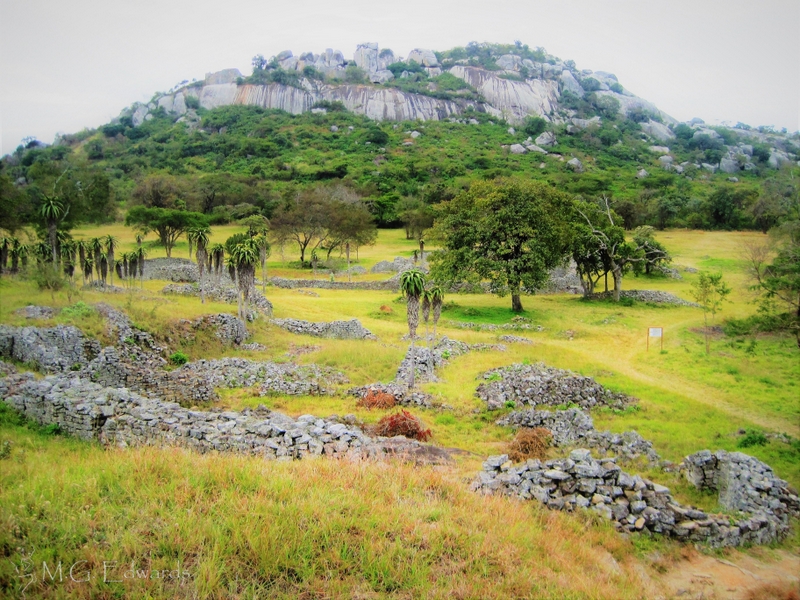
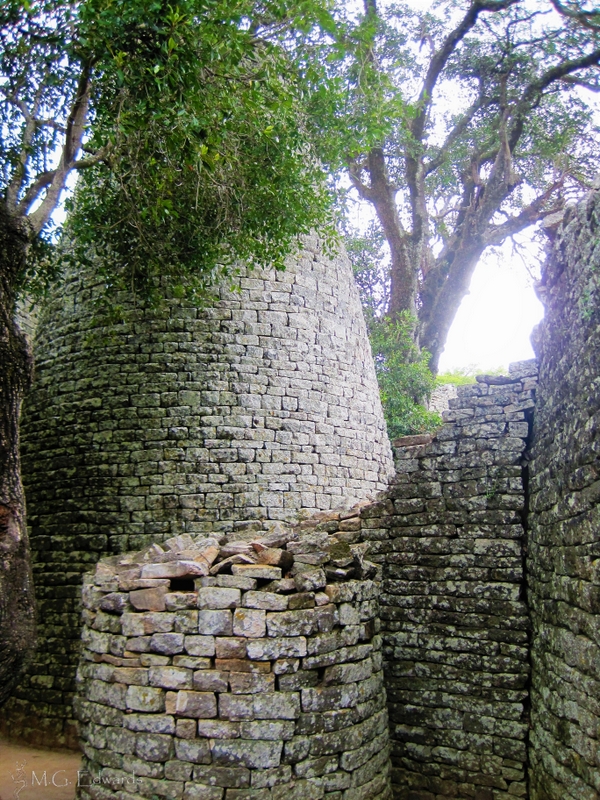 One cannot foretell whether Zim will face more of the same or undergo reform measures that will move it forward or, perhaps, hold it back. Whatever changes come, I hope they will benefit Zimbabweans and help the nation realize its full potential. The people of Zimbabwe deserve it.
One cannot foretell whether Zim will face more of the same or undergo reform measures that will move it forward or, perhaps, hold it back. Whatever changes come, I hope they will benefit Zimbabweans and help the nation realize its full potential. The people of Zimbabwe deserve it.